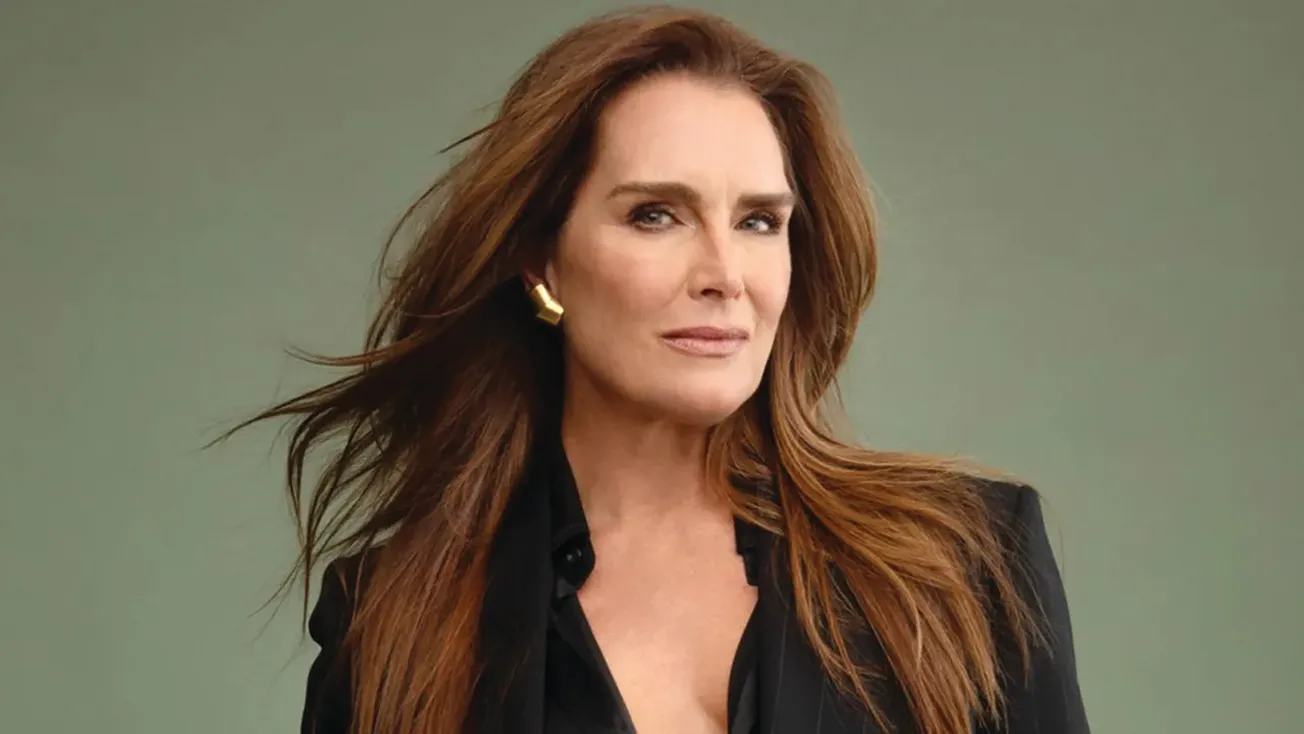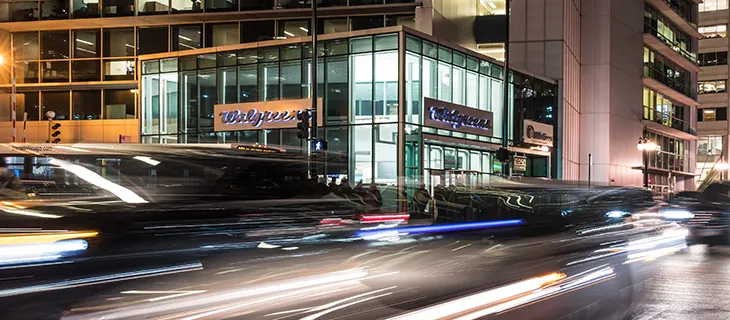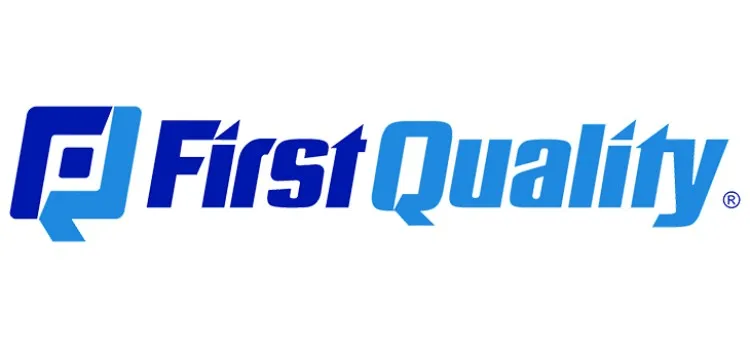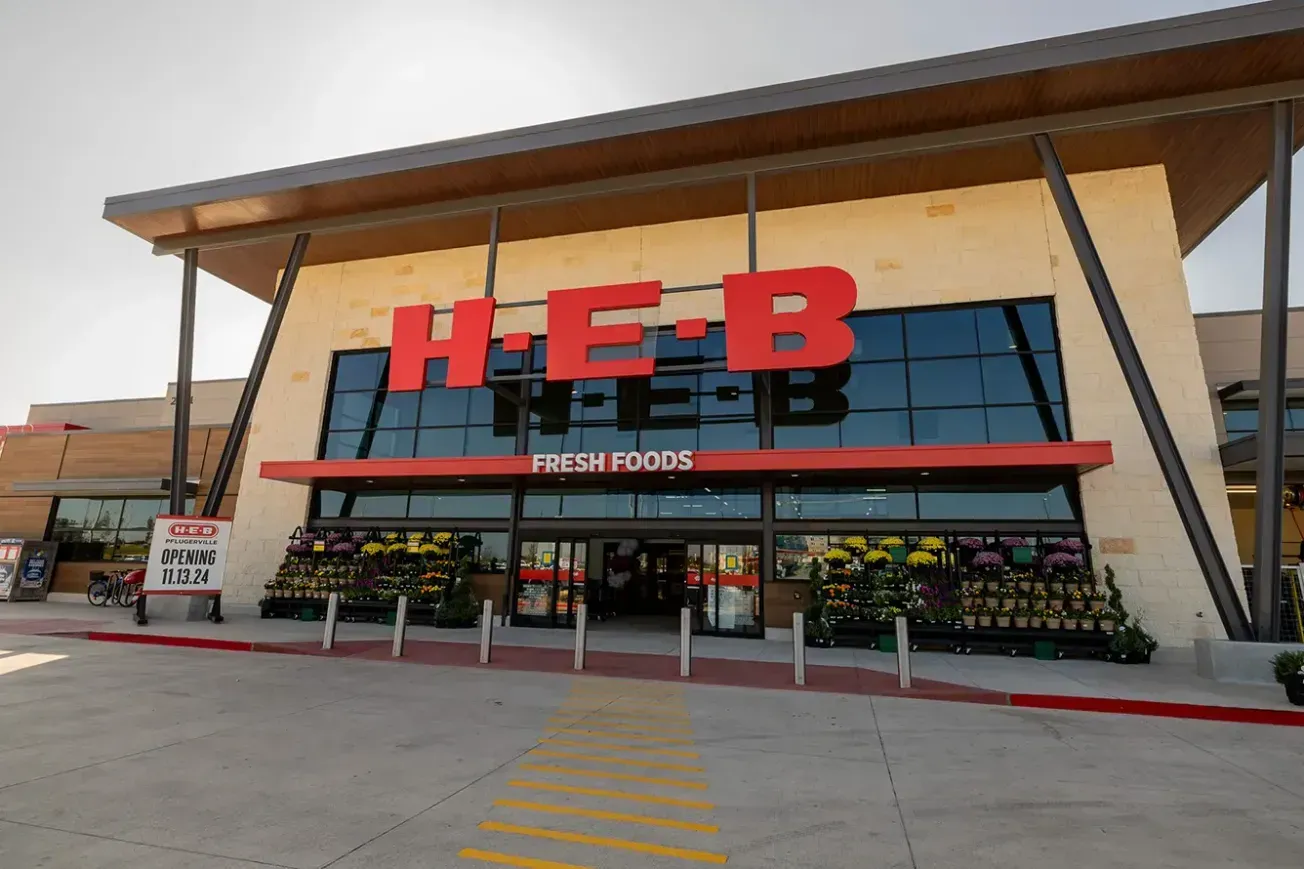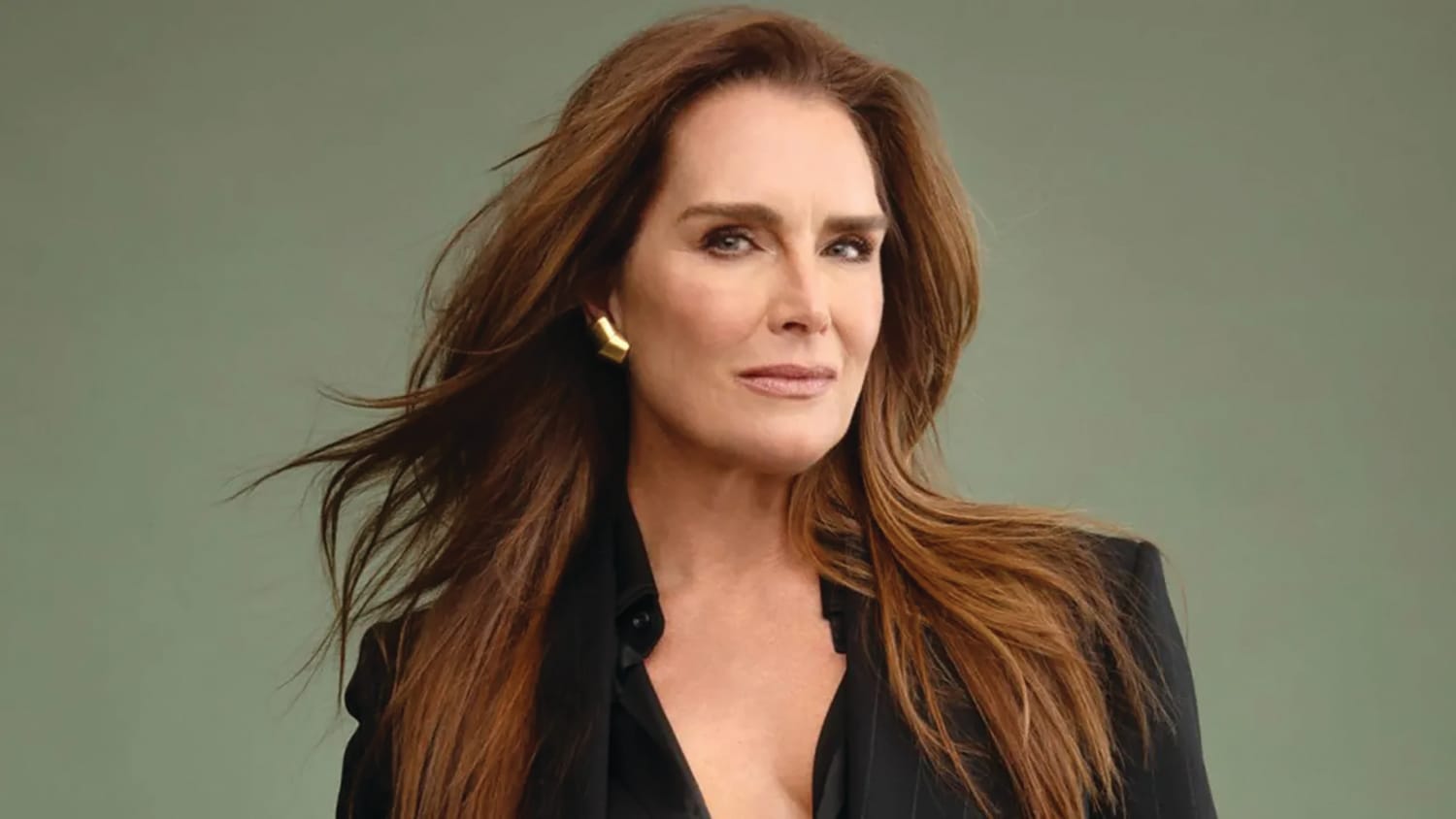
Celebrity-backed brands include Brooke Shields’ Commence for women 40-plus.
NEW YORK — It’s a showdown on the shelves between celebrities, legacy brands, nascent indies and dupes of prestige hits. Beauty has been a beacon of growth over the past three years, at a time when sales stalled in many categories. Although beauty sales are slowing, the stream of introductions into the brick-and-mortar and online marketplaces is in full force.
At the same time new items are jockeying for shelf space, retailers are looking to streamline and simplify the shopping experience. They are editing assortments to strike just the right balance of new and old, value and prestige on shelves.
In this corner — powerful stars are tossing their hat into the beauty ring. One of the biggest is Dwayne “The Rock” Johnson, who launched his men’s brand, Papatui, at 1,900 Target stores on Target’s website and papatui.com.
The brand spans 12 SKUs for face, body and hair. Johnson launched the brand, he says, because of his interest in personal care and all the questions he gets about his rituals. He relayed that he stayed so long sampling scents in stores that he was often asked to leave.
Walmart also has a star in men’s aisles. The Shop, a community-focused brand supported by LeBron James and Maverick Carter’s The SpringHill Company, launched The Shop Men’s Grooming line in April, Sold exclusively at Walmart, the line includes an exfoliating Face Wash, soothing Shaving Cream, anti-bump Aftershave Toner, hydrating Face Lotion, deep-conditioning Beard Cream, moisturizing Hair Shampoo and Conditioner, and smoothing Hair Styling Pomade. It was created in conjunction with Parlux.
“Walmart is committed to broadening its product range and introducing new brands to captivate customers,” says Creighton Kiper, vice president of merchandising for beauty at Walmart U.S. “We’re so excited to welcome The Shop and their new line of men’s grooming products to our growing assortment, and believe our customers will love the high-performance products at an exceptional value.”
The influx of men joins John Legend and his Loved01 which is now available in CVS, Walmart, Amazon and its own website.
Female celebrities continue to release beauty entries. Serena Williams hopes to score with Wyn. Launched in Ulta Beauty, Wyn was created to be long-lasting with inclusive shades. She said she worked on the brand, which includes 10 products and 96 SKUs, for six years. Williams said she developed the brand because she couldn’t always find shades she liked, and she wanted products that would stay on even during heavy activities like tennis. The packaging resembles the color of a tennis ball. Industry veteran Shawn Haynes joined the brand as president.
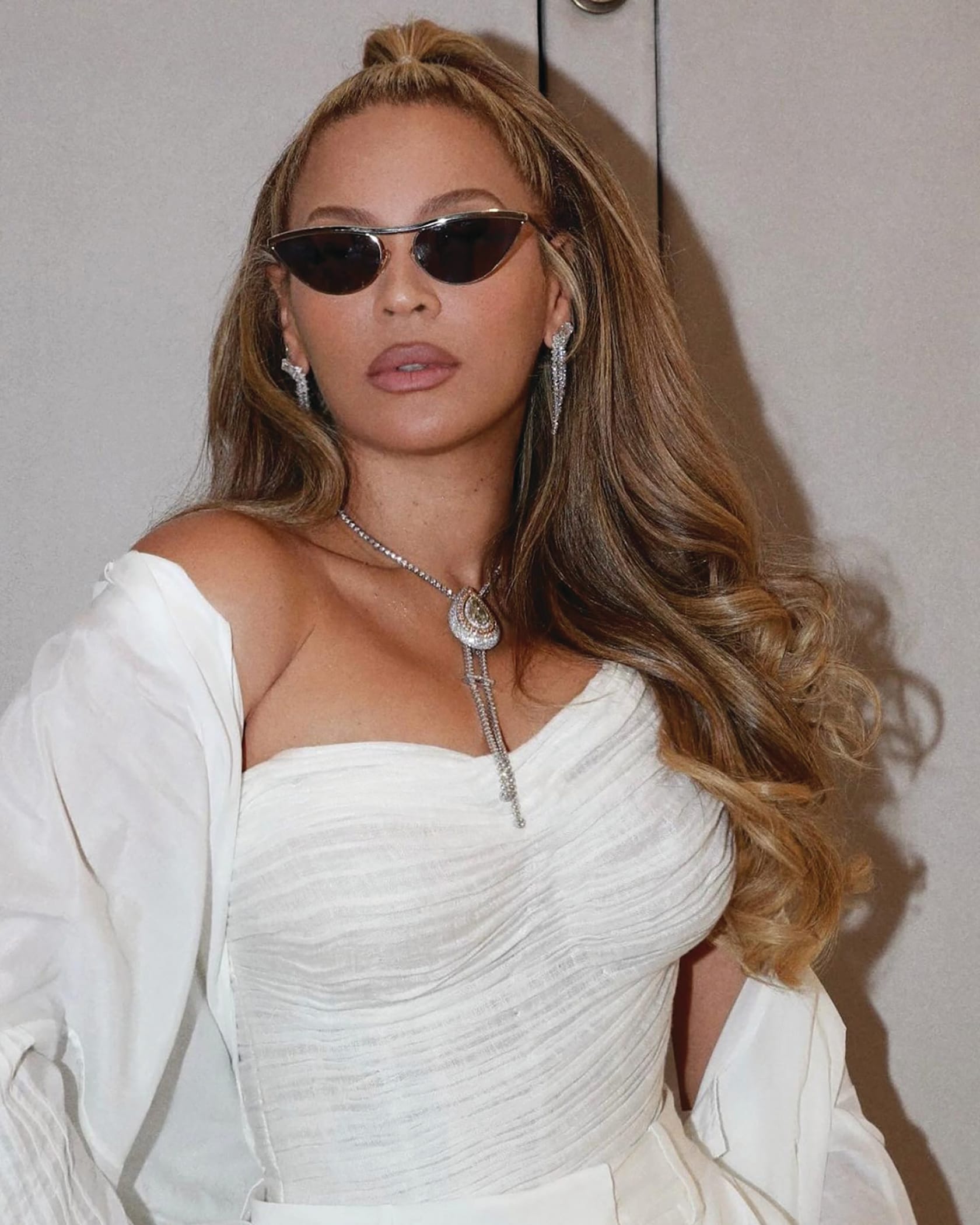
Beyoncé Knowles
The hair care category is a hotbed of famous faces — and tresses. Beyoncé Knowles, who grew up around a beauty salon, launched Cécred. The eight-piece hair care collection joins other celeb hair lines for textured strands, including Tracee Ellis Ross and Taraji Henson.
Brooke Shields is taking a different tactic with her newly released range called Commence for women 40-plus.
In the wellness space, Ashley Tisdale has carved out an impressive following for her Frenshe collection, which is sold at Target. Other notable stars with mass market beauty brands include Drew Barrymore with Flower, Millie Bobby Brown’s Florence by Mills, and Halsey with about-face. Prestige celeb beauty includes Rare Beauty from Selena Gomez, Rihanna’s Fenty, Billie Eilish perfume, and, of course, Kylie Jenner.
Not all star-powered brands survive, but with the right match of person and product plus ample support, the trend is building up a strong track record.
Legacy brands, which have often used famous people to build brands, are gaining traction. Despite inroads indie made in beauty, legacy brands are thriving as consumers return to names they trust. Levi’s, Old Spice and CoverGirl are iconic names reclaiming their relevance. They are doing so, retailers say, by tapping social media, improving store presentations and introducing innovation.
“There is migration back to legacy brands from influencer brands,” says one retail executive. “People tried indies, and some returned to brands they knew from the past. New releases from legacy brands are more relevant.”
Coty is a prime example of a company burnishing the image of its icons such as CoverGirl and Sally Hansen. Stefano Curti, Coty’s chief brand officer points to the company’s 14th consecutive quarters of solid growth. He highlighted results from efforts behind CoverGirl, especially the new Simply Ageless Essence foundation. Sally Hansen has also gone full throttle on newness with its Good.Kind.Pure collection and the introduction of artificial nails.
Old Spice is a heritage brand attracting new shoppers. According to Circana data, Old Spice Swagger body wash in a jumbo 24-ounce was the biggest seller in mass fragrance, registering $13 million in sales.
There are niche brands squeezing into the market. Although not an emerging brand, Milani has hit its stride under the watch of industry veteran Mary van Praag.
“Milani Cosmetics is currently the No. 7 brand in the mass color category, and we’ve experienced 10 consecutive quarters of sales growth that has outpaced the category — so we’re seeing significant momentum,” says van Praag. “Our brand’s average price point is around $10, which represents an incredible value versus prestige.” Milani growth is driven by breakthrough formulas that influencers often call “dupes” to prestige counterparts.
Accelerator programs and other product discovery platforms are helping emerging brands enter retail.
Ulta Beauty now stocks Pound Cake, a BIPOC-founded lipstick brand with shades for darker skin tones. Viral sun care hit Naked Sundays is now on Target’s shelves. Vacation, also a sun care brand, is broadening beyond prestige to mass distribution at Target.
Hanging over the future of beauty is the fear the bubble could burst. The latest Circana numbers reveal a slight cooling off, which was expected after years of blistering growth. Prestige beauty grew 9% and mass 2% in the first quarter of 2024. While growing, those numbers are down from the double-digit prestige gains and high single-digit advances of 2023.
Digging deeper into mass market results, makeup declined 5%, fragrances were off 2%, hair grew 1%, and skin care remains a mass market engine at gains of 4%. The mass market industry hopes that as shoppers pull back on spending, they’ll trade down to value-priced brands. For now, however, beauty is viewed as an affordable treat, and people don’t want to give up all of the luxury lines procured at Sephora or Ulta Beauty.

